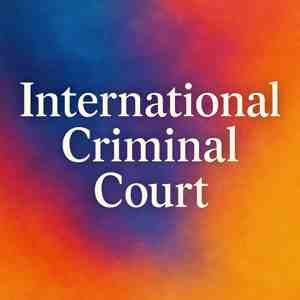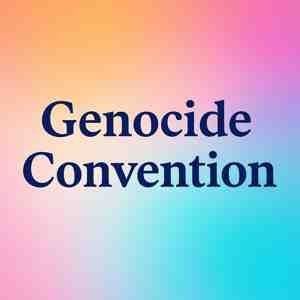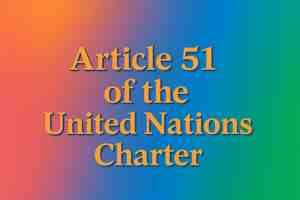International Criminal Court and the International Criminal Justice
Introduction The International Criminal Court (ICC) is the first permanent international tribunal created to investigate and prosecute individuals for the most serious crimes under international law: genocide, crimes against humanity, war crimes, and the crime of aggression. Established by the Rome Statute in 1998 and operational from July 1, 2002, it represents a historic milestone […]
International Criminal Court and the International Criminal Justice Read More »



